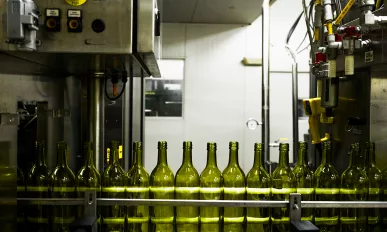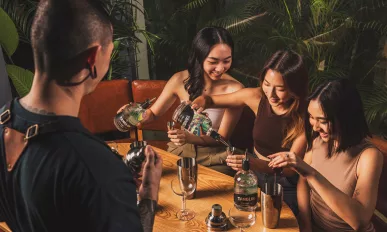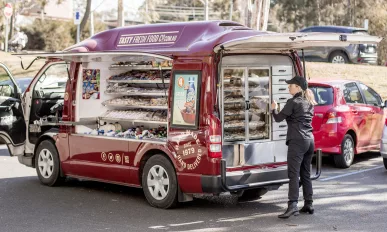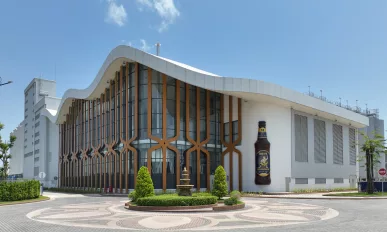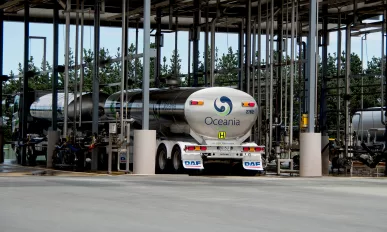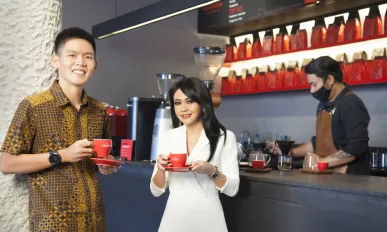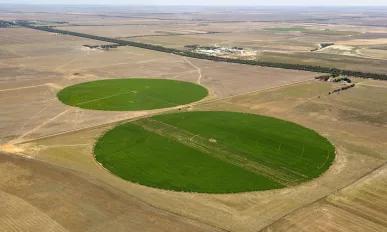Berton Vineyards : Berton Does it Better
Berton Vineyards is continuing to topple new standards of wine production in Australia. We discuss sustainability, new products and how the company has managed to bottle success with Managing Director, Jamie Bennett.
Tanglin Gin : The Spirit of Singapore
From jungle beginnings to spice plantations, and now Singapore’s first gin distillery, experience the taste of the Tanglin region with co-Founder Charlie van Eeden.
Tasty Fresh Food Co : Five star on Four Wheels
Food delivery vans operated by Tasty Fresh Food Co are a convenient and cost-effective way for employees to enjoy a fresh morning tea or lunch at their place of work. Founding Director, Colin Lear, details the journey of Australia’s number one lunch van operator.
Burgertory : Sinfully Delicious
The soul can’t get enough of Burgertory’s sinful creations. Hasheam Tayeh, CEO, tells us about the rapidly expanding gourmet burger chain with a devilish play on purgatory.
Hanuman Beverages : Innovation on Tap
Hanuman Beverages is the Cambodian drink master committed to creating best-in-class beverages that pioneer new tastes for the nation. We delve into exciting new products and continued expansion with Founder and Chairwoman, Madam Khieu Sarsileap
Oceania Dairy : Milking New Zealand’s Potential
Oceania Dairy aims to provide an internationally recognised and respected source of highly valued dairy nutrition that nourishes people for a better, healthier life. We discover more with General Manager, Logan Hanifin.
Flash Coffee : Brewing up a Coffee Revolution
Amassing a cult following, Flash Coffee is the brand delivering affordable premium coffee to Asia’s middle class. We go behind the scenes of the tech-enabled start-up with visionary Founder and CEO, David Brunier.
Tanamera Coffee : An Indonesian Infusion
Tanamera Coffee is Indonesia’s leading specialist coffee producer, looking to expand its array of premium beverages worldwide. Dini Criddle, Founder and CEO, spills the beans on exciting new products and finding the perfect blend.
Zerella Fresh : Feel the Freshness
Mark Pye, Managing Director of Zerella Fresh, unearths the Australian company’s commitment to farm fresh produce from paddock to plate.
NGIP Agmark Ltd : Cocoa in the Land of a Thousand Cultures
Having grown up with the cocoa industry, we speak to Steven Nightingale, COO of NGIP Agmark Ltd, and gain a unique insight into the progressive company supplying the globe with high-quality cocoa.



